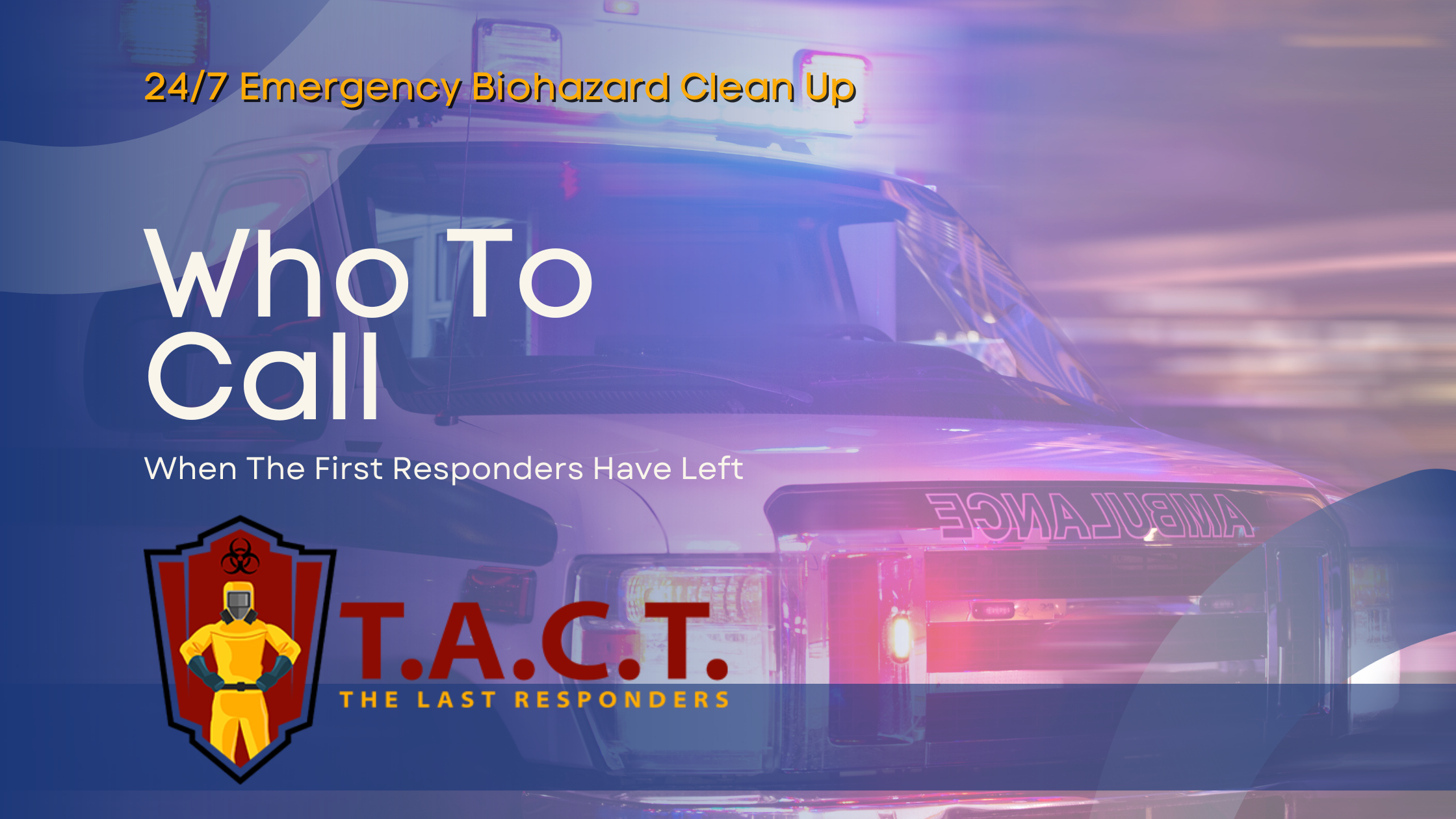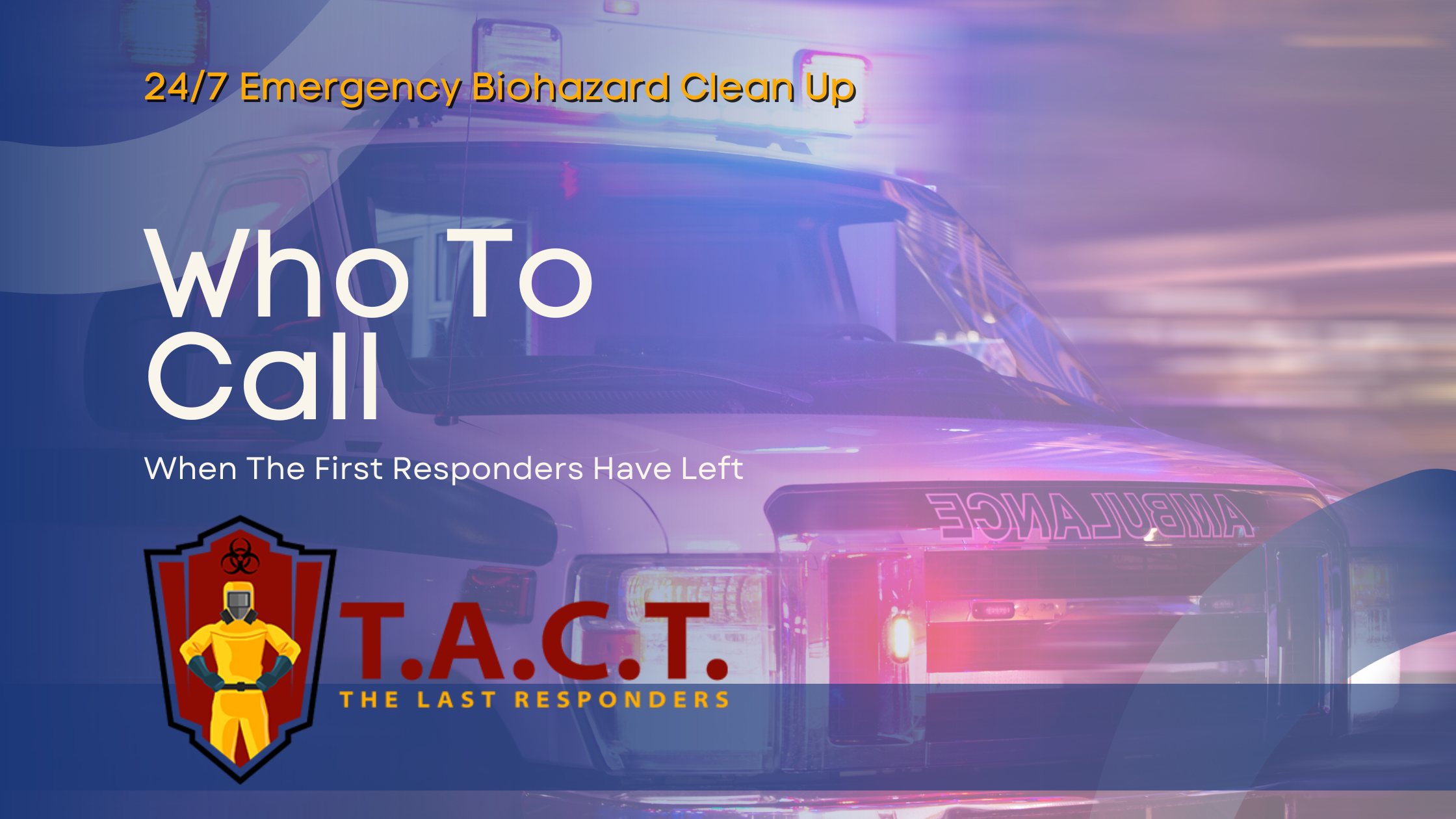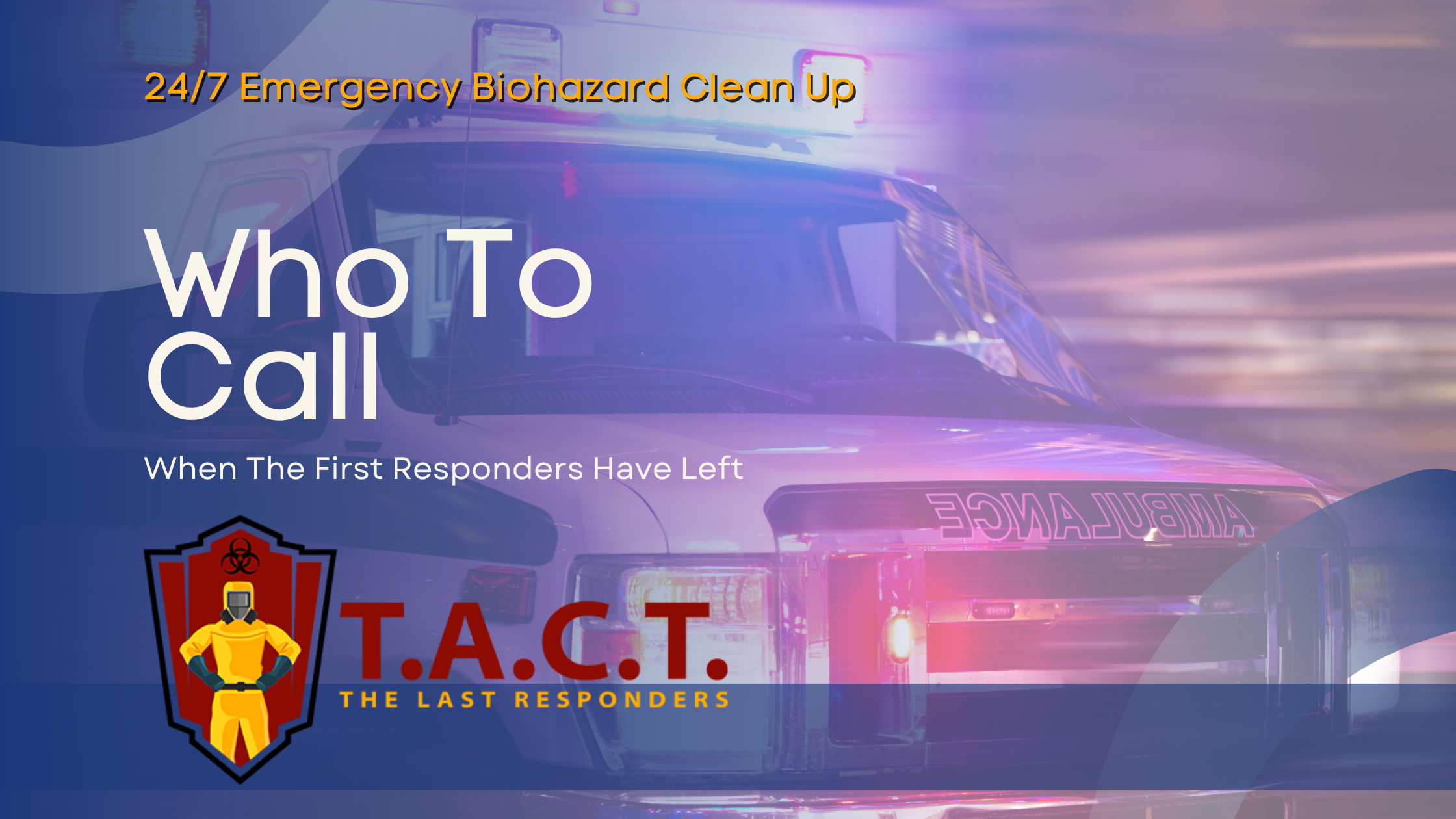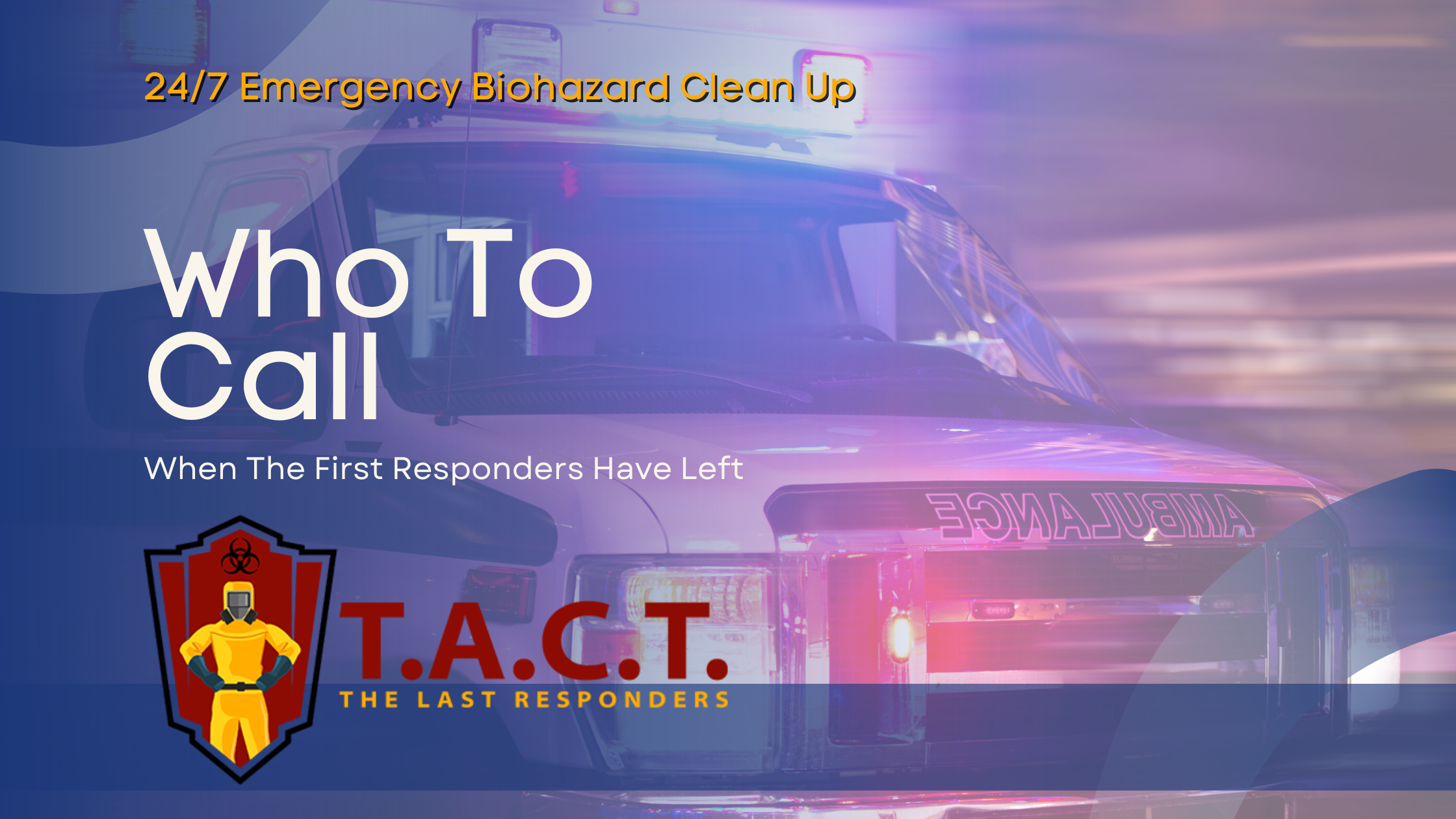Will mice hurt you?

Will Mice Hurt You? Understanding the Risks and Health Implications
Introduction to Mouse Infestations
Mouse infestations can lead to severe health risks, including the transmission of diseases like rat bite fever and lymphocytic choriomeningitis virus (LCMV) through rodent feces and urine. When there are many mice present in an infestation, the risk of disease transmission and contamination increases significantly.
Rodent infestations are common, and deer mice, wild mice, and house mice can all carry several diseases and spread disease to humans, posing a significant threat to human health.
The National Pest Management Association recommends taking proactive steps to prevent mouse infestations and reduce the risk of human infections. Mouse infestations can put family members at risk of illness.
Mouse traps and other pest control methods can help eliminate rodent infestations, but it’s essential to take precautions when handling dead mice and rodent droppings. Mice can also introduce other pests, such as ticks and insects, which can further threaten health.
Infected rodents can transmit diseases like hantavirus pulmonary syndrome, which can cause severe respiratory distress and even death.
Health Risks Associated with Mice
Mice can carry diseases like Lyme disease, bubonic plague, and salmonella bacteria, which can be transmitted to humans through direct contact, contaminated food and water, or exposure to mouse bodily fluids such as saliva, urine, and feces. Many animals, including rodents, can carry salmonella bacteria.
Rodent bites can also pose a risk, as they can transmit diseases like rat bite fever and LCMV infection. Rat bite fever can be contracted from the bite of an infected animal.
Mouse infestations can lead to health hazards like allergic reactions, respiratory problems, and even death, especially in people with weakened immune systems. Small rodents, including mice, can cause health hazards.
The Centers for Disease Control and Prevention (CDC) recommends taking precautions when handling mouse droppings and rodent urine to prevent the transmission of diseases. After handling mouse droppings or contaminated materials, immediately wash hands and exposed skin to reduce health risks. Bacteria from rat urine can enter the human body through cuts or mucous membranes, leading to diseases like leptospirosis.
It’s essential to store food and water properly to prevent contamination and reduce the risk of mouse infestations.
Diseases Carried by Mice
LCMV infections are viral infections that can be transmitted through mouse droppings, urine, and saliva. LCMV infections can have severe consequences, especially during pregnancy, including fetal death.
Hantavirus pulmonary syndrome is a severe respiratory disease that can be transmitted through contact with infected rodent droppings, urine, or saliva. Rodent species such as the rice rat and white footed mouse are known carriers of hantaviruses that can cause this illness.
Rat bite fever is a bacterial infection that can be transmitted through rodent bites or contact with contaminated food and water.
Salmonellosis is a bacterial infection that can be transmitted through contact with contaminated food and water, and can cause symptoms like abdominal pain, diarrhea, and fever.
Other diseases carried by mice include Lyme disease, bubonic plague, and tularemia, which can be transmitted through tick bites, flea bites, or direct contact with infected animals.
Mouse Bites and Allergic Reactions
Mice bite as a defensive behavior, but bites are rare unless the mouse feels threatened.
Mouse bites can be painful and may cause allergic reactions, especially in people with sensitive skin.
Rodent bites can also transmit diseases like rat bite fever and LCMV infection, which can cause severe symptoms and even death.
It’s essential to take precautions when handling mice or rodents, and to seek medical attention immediately if you’re bitten or experience any symptoms.
Allergic reactions to mouse bites can range from mild to severe and may include symptoms like itching, swelling, and difficulty breathing.
In rare cases, mouse bites can cause anaphylaxis, a severe and life-threatening allergic reaction that requires immediate medical attention.
LCMV Infection and Its Implications
Lymphocytic choriomeningitis virus (LCMV) infection is a serious viral infection that can be contracted through exposure to rodent feces, urine, or saliva, particularly from infected mice and other rodents. This disease is especially concerning in areas with high rodent infestations or for individuals who handle pet rodents. LCMV infection can cause a range of symptoms, including fever, headache, muscle aches, and joint pain. In more severe cases, the virus can affect the central nervous system, leading to meningitis or encephalitis, which are infections of the fluid and tissues surrounding the brain and spinal cord. People with weakened immune systems, pregnant women, and young children are at higher risk for severe disease and complications. The National Pest Management Association highlights the importance of taking precautions when dealing with dead mice or cleaning up after a mouse infestation to prevent the spread of LCMV and other diseases. If you suspect exposure to lymphocytic choriomeningitis or experience symptoms after contact with mice, seek medical attention promptly.
Preventing Mouse Infestations
Preventing a mouse infestation is key to protecting your home and family from the health risks associated with mice. Start by sealing all possible entry points, such as cracks, holes, and gaps around doors, windows, and utility lines, to prevent mice from getting inside. Store food in airtight containers and clean up crumbs or spills promptly to avoid attracting rodents. Regularly check for signs of mice, including mouse droppings, gnaw marks, and unusual noises, especially in hidden or cluttered areas. If you notice any evidence of a mouse problem, act quickly by setting up mouse traps or contacting a pest control professional. Avoid direct contact with rodent urine or mouse droppings, as these can carry disease. Keeping your home clean, organized, and free of accessible food sources is one of the most effective ways to prevent mice from settling in.
Cleaning Up After a Mouse Infestation
Proper cleanup after a mouse infestation is essential to prevent the spread of diseases like hantavirus pulmonary syndrome. Always wear gloves, a mask, and eye protection before handling any mouse droppings, nesting materials, or contaminated surfaces. Begin by ventilating the affected area to reduce the risk of inhaling airborne particles that may carry viruses. Use a bleach solution to thoroughly disinfect all surfaces, including floors, countertops, and any areas where mice may have traveled. Carefully remove and dispose of nesting materials and any items contaminated by rodent urine or feces in sealed plastic bags. Wash any clothing, bedding, or fabrics that may have come into contact with mice in hot water and detergent. If you are unsure about the extent of the mouse infestation or how to safely clean up, consider hiring a professional pest control service to ensure all health risks are addressed.
Conclusion and Recommendations
Mouse infestations present significant health risks and can cause serious damage to your home. To protect yourself and your family, take proactive steps to prevent mouse infestations by sealing entry points, storing food securely, and maintaining a clean living environment. If you suspect a mouse infestation, contact a pest control professional right away to address the problem before it worsens. When cleaning up after mice, always use protective gear, disinfect with a bleach solution, and ventilate the area to minimize exposure to rodent borne disease. Remember, mice can transmit dangerous diseases such as LCMV infection, hantavirus pulmonary syndrome, and salmonellosis, which can have severe consequences for your health. Follow the guidelines set by the National Pest Management Association and consult a healthcare provider if you believe you have been exposed to a rodent-borne disease. Regular inspections and the use of natural predators, like barn owls, can also help keep mouse populations under control. By staying vigilant and taking these precautions, you can reduce the health risks and prevent future mouse infestations in your home.
Latest news

Professional unattended death cleanup in Atlanta. Expert technicians handle decomposition cleanup safely with specialized equipment. 24/7 emergency response available.
Read More

